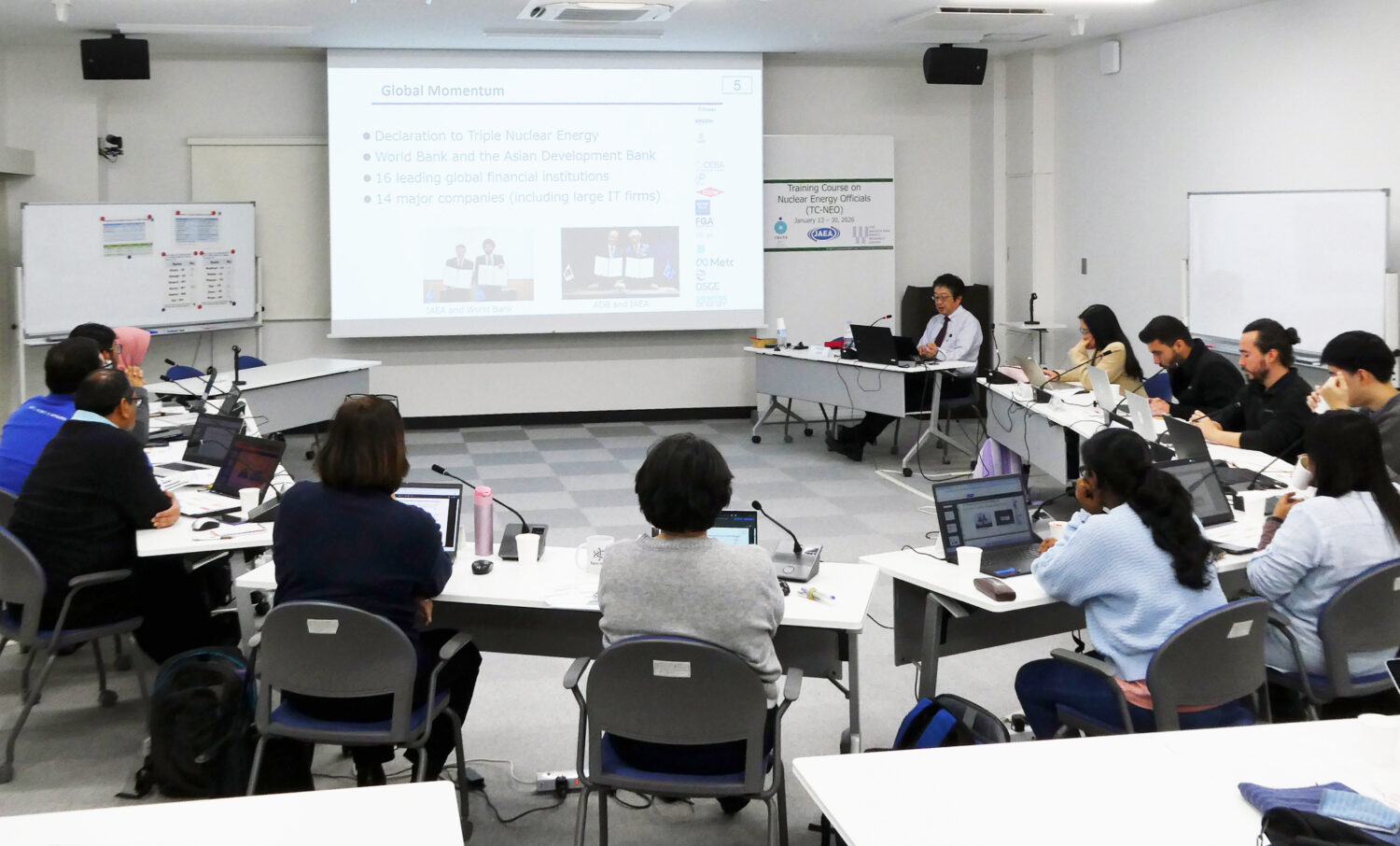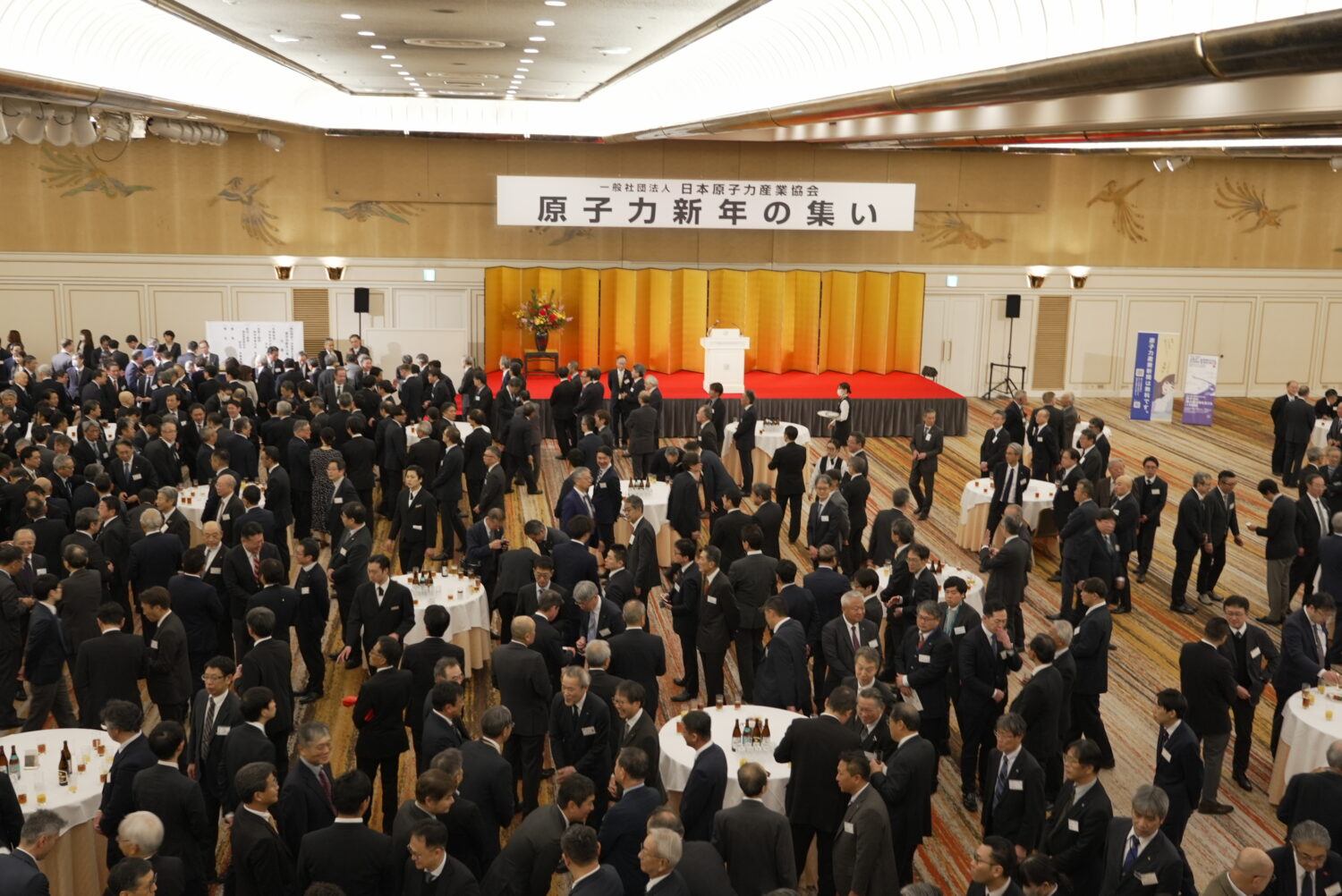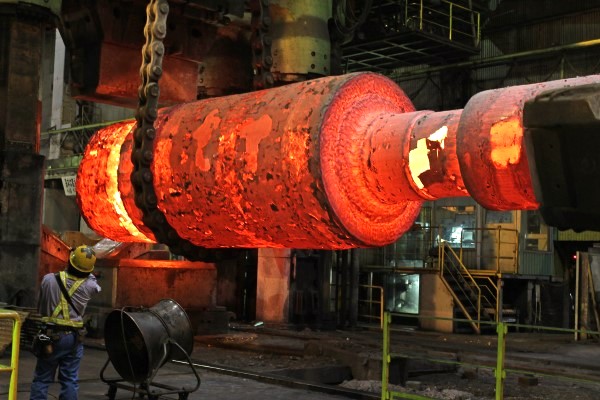The ordered system includes one treatment room equipped with a rotating gantry and another with a fixed port. A notable feature is the compact rotating gantry, which employs advanced high-speed scanning irradiation technology and superconducting magnets. While carbon ions are used as the primary ion source for treatment, the system is designed with expandability in mind, considering multi-ion sources. This allows for precise treatment tailored to the location, size, and shape of a patient’s cancerous lesion.
Cleveland Clinic Abu Dhabi is a hospital jointly established by Mubadala Development Company, an investment company of the Abu Dhabi government, and the U.S.-based Cleveland Clinic. In 2023, it became part of M42 Group, the largest healthcare company in the Middle East. The UAE government is promoting the advancement of medical standards. Heavy-ion therapy, which imposes less burden on patients, is gaining attention in cancer treatment.
Toshiba ESS, in collaboration with the National Institutes for Quantum Science and Technology (QST), has been developing heavy-ion therapy systems. In 2016, they delivered the world’s first compact and lightweight heavy-ion rotating gantry employing superconducting magnets to the new treatment building of QST’s National Institute of Radiological Sciences in Chiba City.
Subsequently, a further miniaturized “Yamagata Model” rotating gantry was completed for Yamagata University, and treatments have begun at Yonsei University Health System in South Korea. Recently, Toshiba ESS also received an order for a heavy-ion therapy system from Asan Medical Center in that country.
Toshiba ESS aims to promote the widespread adoption of heavy-ion therapy systems both domestically and internationally, contributing to the realization of high-quality cancer treatments.











